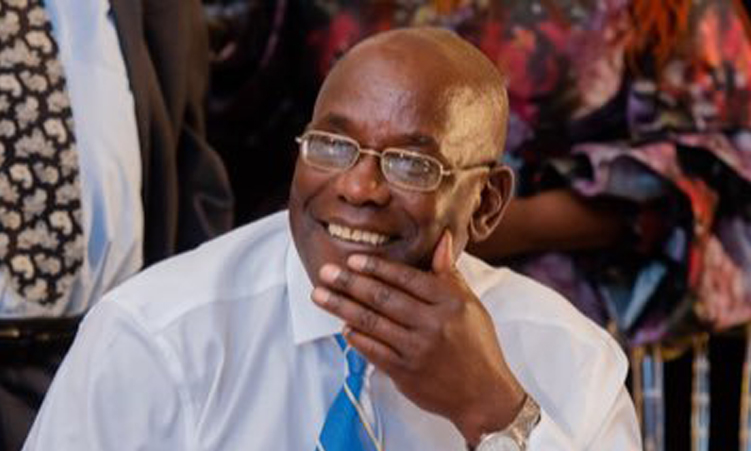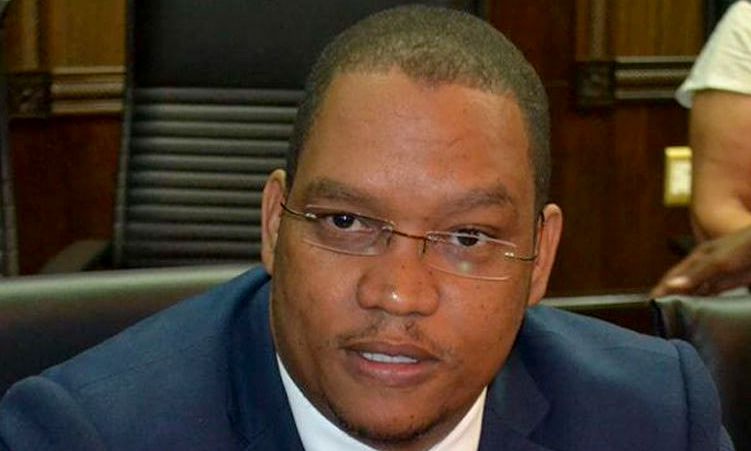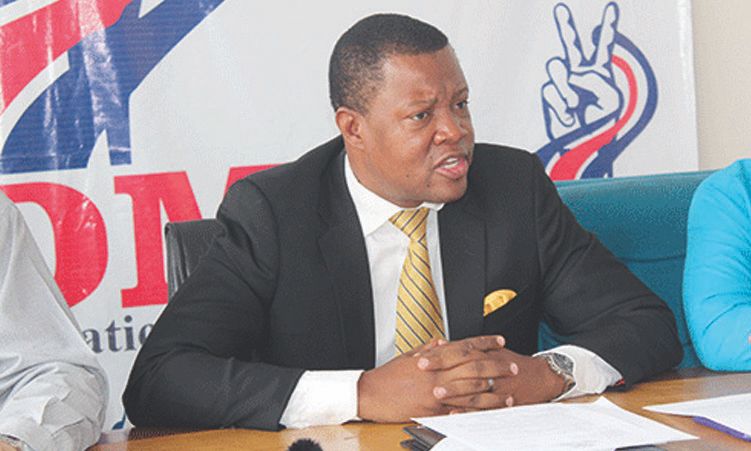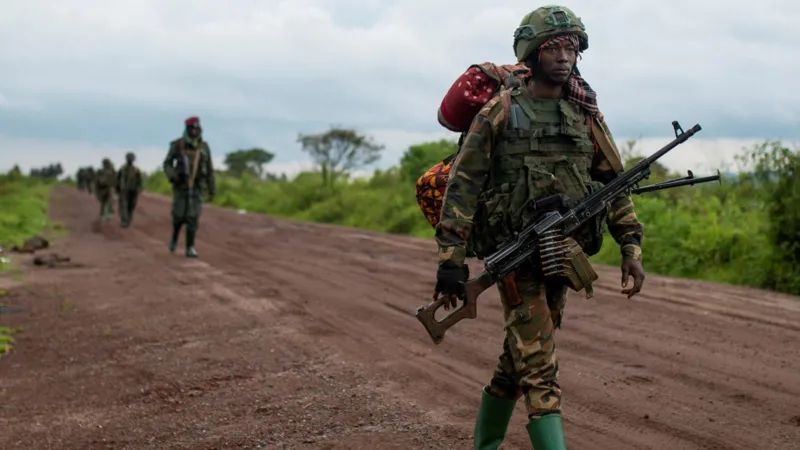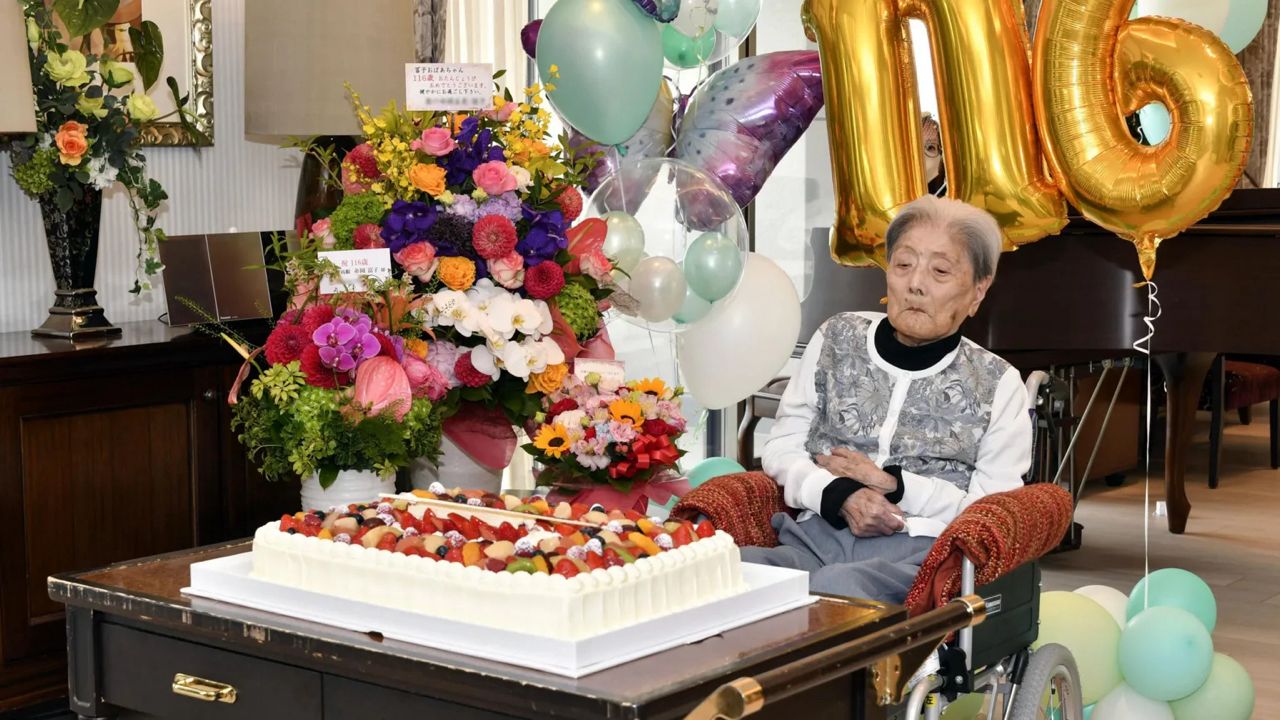The judiciary has come under fire after journalists were stopped from taking photographs while reporting on the Fishrot case in the High Court at Windhoek Correctional Facility yesterday and on Tuesday.
Reporters from Namibia Media Holdings, The Namibian and New Era were asked whether they had made a reservation to cover the case.
On Tuesday, journalists were denied the right to take photographs inside the courtroom.
Yesterday this restriction was expanded and journalists were forbidden from taking photographs inside and outside the court.
Journalists were also allegedly threatened with arbitrary arrest.
Court reporters were reminded of the guidelines of judge president Petrus Damaseb, and acting judge Moses Chinhengo, for recording and broadcasting plea proceedings.
The regulations also prohibit the media from taking pictures of the accused individuals and certain courtroom areas.
The instructions include specific restrictions for film crew members and recording equipment regarding designated areas within the courtroom, set-up times, and limitations on filming angles.
Recording was allowed at the beginning upon the judge’s entry, and ended at his exit.
The media was also allowed to film the presiding judge and counsel while addressing the court.
Additionally, no recording is permitted in specific locations within the High Court building or its annexes.
Tangeni Amupadhi, the editor-in-chief of The Namibian, yesterday highlighted the role of the media in informing the public on what is happening in the country.
“Maybe as the media we need to engage the judiciary to get an understanding of these rules, because we have been sending journalists to cover cases in the High Court over the years, and such rules were never brought to our attention,” he said.
New Era acting managing editor Natasha Wahengo was also not aware of the regulations.
“It was only brought to my attention by our reporter on Tuesday when when they returned from court,” she said.
Toivo Ndjebela, the editor of Namibian Sun, yesterday said he was only aware of the need to apply for live-stream court events.
“But to take a photo from a 30-second video or whatever, especially when the court is not in session, we were not aware of that. It’s our own ignorance, because the judiciary seemed to suggest that this has always been the case, but we are not aware of that,” he said.
The Namibian deputy editor Shinovene Immanuel added that judiciary’s rule that ban journalists from photo-taking in court, particularly for the Fishrot case, is concerning.
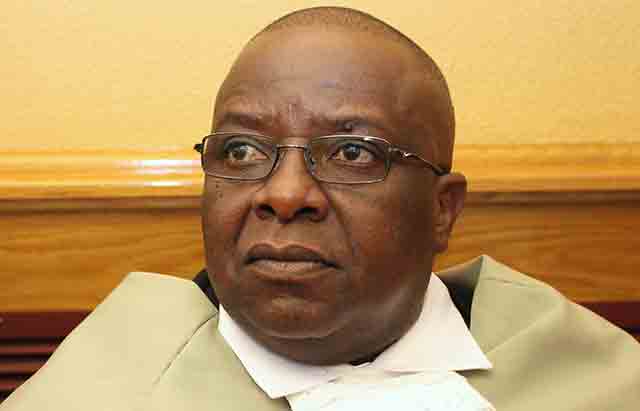
“This restriction hinders journalists’ ability to accurately report on the proceedings, setting a dangerous precedent that could erode public trust in the justice system.
Such actions are unacceptable in a society that values transparency and equality before the law,” he said.
The Namibian Media Professionals Union (Nampu) in a statement expressed concern over these regulations issued by the judiciary.
The union argues that the regulations, which limit the media’s ability to take photos, record audio, and capture video material inside or outside the court premises, pose challenges to reporters and undermine the public’s right to be informed.
According to the union, the media’s ability to report on court proceedings is essential for fostering public trust in the judicial system.
“The media plays a crucial role in keeping the public informed about the administration of justice. By reporting on court cases, the media helps to ensure that the public is aware of the legal process and the outcomes of cases,” read the statement.
The union further noted that the new regulations are particularly concerning, because they were implemented without consultation with the media.
“We were not given an opportunity to provide input on the regulations before they were put into effect. This lack of consultation raises concerns about the transparency and accountability of the judiciary,” said the union.
Nampu called on the Office of the Judiciary to reconsider and review the regulations.
The union has also urged the judiciary to engage in meaningful consultation with the media to develop regulations that are fair and proportionate.
Office of the Judiciary spokesperson Vikitoria Hango yesterday said there is nothing untoward about the regulations.
She said media houses have to apply for permission from the registrar a day before any case is heard in the High Court.
“The accused also have the right to privacy.”
Unless you are just going to take your notes, it’s okay. But the moment you want to take a picture you must ask for permission. It has always been like that,” she said.
NBC TV and Nampa have permission to live-stream the proceedings and take photos of the accused.
The Editors Forum of Namibia did not respond to questions at the time of going to print.
Stay informed with The Namibian – your source for credible journalism. Get in-depth reporting and opinions for
only N$85 a month. Invest in journalism, invest in democracy –
Subscribe Now!



